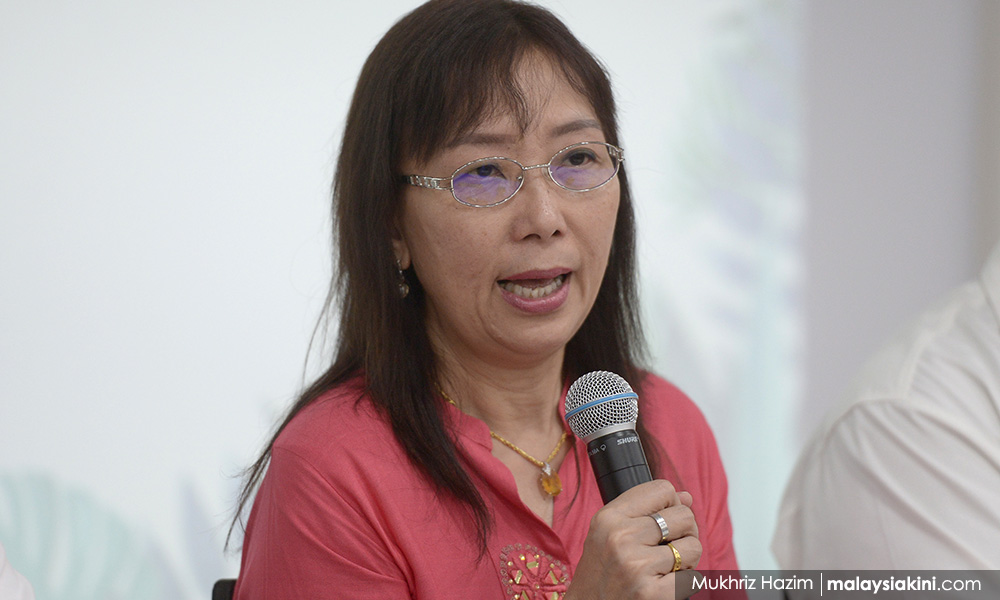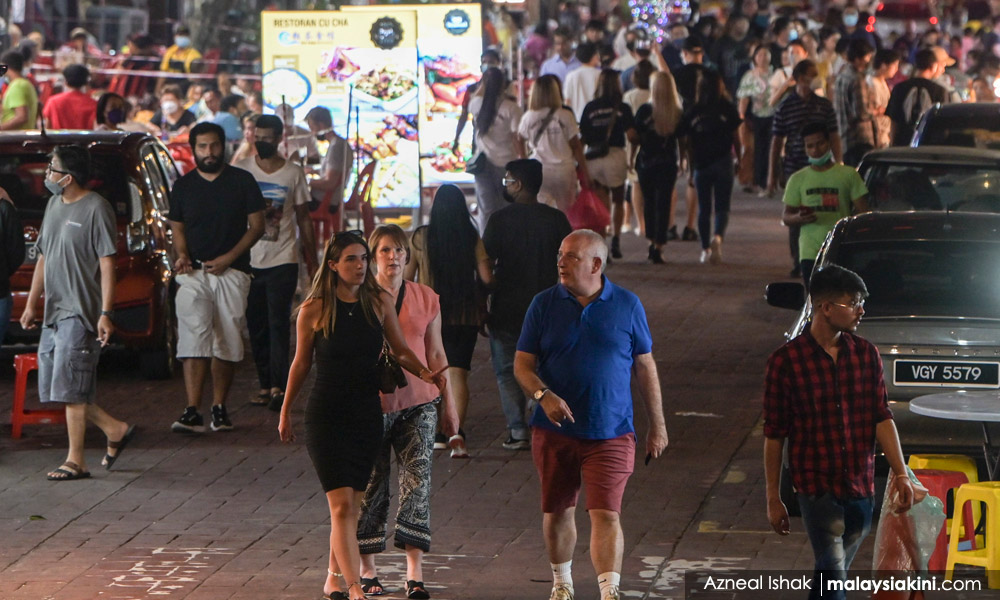A few hours before DAP vice-chairperson Teresa Kok stirred the hornet’s nest, her counterpart from MCA Wee Jeck Seng had pounced on the halal certification issue.
This was a two-pronged assault from the Tanjung Piai MP - to point out that the policy would be cumbersome to non-Muslim businesses and the ineffectiveness of DAP leaders in safeguarding the rights of non-Muslims.
However, his Sept 6 media statement, which was issued before Kok sent hers, was written only in Chinese. As a result, the English and Malay media did not highlight it, therefore sparing him the backlash Kok had received.
Wee (above) had criticised the coalition government for policies infringing on the freedom and rights of non-Muslims.
He then questioned if DAP leaders in the cabinet had defended the Federal Constitution and the interests of non-Muslims.
Pointing out that Malaysia is a multiracial and multireligious country, Wee said mandatory measures based on a specific religion would be unfair to other communities.
"Whether or not to apply for halal certification should be a decision made by businesses based on market demand and their commercial considerations.
“The government should not impose this requirement, especially since these restaurants and companies do not primarily cater to Muslim consumers,” he added.
Both Wee and Kok were responding to the Islamic Development Department (Jakim) mulling a proposal to make halal certification mandatory for restaurants and food companies that do not serve pork or alcohol.
Similar to the DAP leader’s stand, Wee also argued that it would increase the operational burden on businesses.
‘Consequences could be dire’
While Kok said it could expose Malaysia to global ridicule, Wee argued that such a policy would hinder the development of a diverse market and impact the country’s international image.

The MCA vice-president said the policy could also extend to vegetarian restaurants, Buddhist dining halls, and even health food stores, whose main customers are non-Muslims, making mandatory halal certification an unnecessary measure.
Wee also criticised the complex and time-consuming halal certification process, which would increase operational costs and further impact the business freedom of non-Muslim operators.
"The cumbersome certification process has already caused headaches for many businesses, with some eventually giving up on applying. If this is made mandatory, the consequences could be dire," he added.
Foreign investment at risk
Wee warned that if the government continues to implement such religious-based policies, it could negatively impact Malaysia's international image, particularly among foreign tourists and investors.

"Frequent announcements of discussions or plans for such policies will give the impression that Malaysia is moving toward becoming a mono-religious state, which will directly affect foreign investments and tourism," he added.
Wee urged the government to consider the interests of all citizens when formulating policies and to maintain Malaysia's essence as a multicultural country to ensure both domestic and foreign investment confidence and social stability. - Mkini




No comments:
Post a Comment
Note: Only a member of this blog may post a comment.